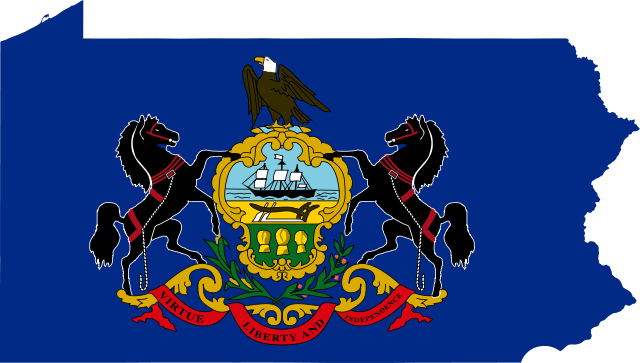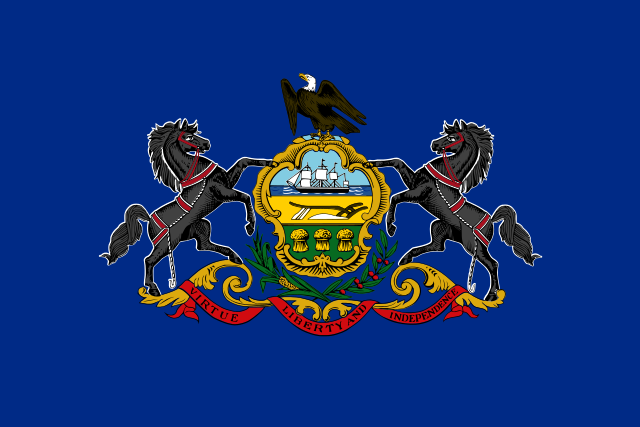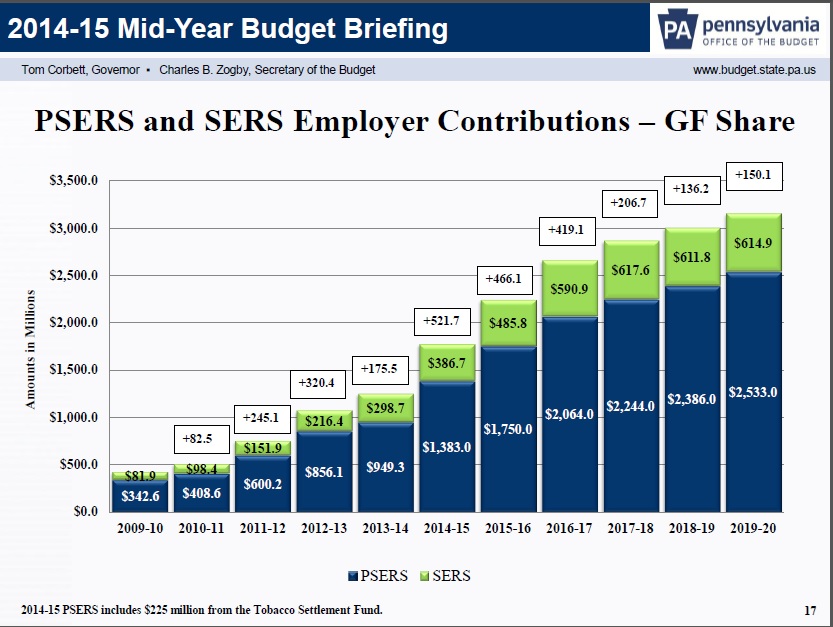David Sanko, executive director of the Pennsylvania State Association of Township Supervisors, penned an piece in TribLive on Friday claiming that Pennsylvania has a pension crisis – but it’s at the state level, not the municipal level.
Sanko contends that, aside from a handful of horror stories, most of the state’s municipalities aren’t buried in pension liabilities.
Sanko writes:
A handful of local governments — primarily large and midsize cities like Philadelphia, Pittsburgh and Scranton — have retirement programs that are underwater and have been for quite some time.
But the majority of municipal pension plans are doing just fine and provide a stark contrast to the horror stories. In places like Bethel Township in Berks County, Castanea Township in Clinton County, Connellsville Township in Fayette County, and Great Bend Township in Susquehanna County, employee pension plans are overfunded by as much as 700 percent.
These communities are the rule, not the exception, according to recent data from the Pennsylvania Employee Retirement Commission, which has been documenting the distress level of the 1,448 municipalities that receive state aid to offset mandated retirement benefits.
Despite the small number of severely distressed municipal plans, some are portraying the problems of a few as a statewide epidemic and want everyone, including communities that have kept their pension plans healthy and above water, to swallow the same bad medicine.
They’d like to consolidate all local retirement plans into a single statewide system and let the healthy ones’ assets be used to balance the troubled ones. But bigger isn’t better. All we have to do is look at the state’s behemoth and woefully underfunded system, which accounts for 90 percent of the pension stress in the state, for proof of that.
A report from Pennsylvania’s top auditor released last week found that the majority of the state’s municipal pension funds were not “in distress”.
However, 562 plans were classified as “distressed”.
Photo credit: “Flag-map of Pennsylvania” by Niagara – Own work from File:Flag of Pennsylvania.svg and File:USA Pennsylvania location map.svgThis vector image was created with Inkscape. Licensed under CC BY-SA 3.0 via Wikimedia Commons – http://commons.wikimedia.org/wiki/File:Flag-map_of_Pennsylvania.svg#mediaviewer/File:Flag-map_of_Pennsylvania.svg


